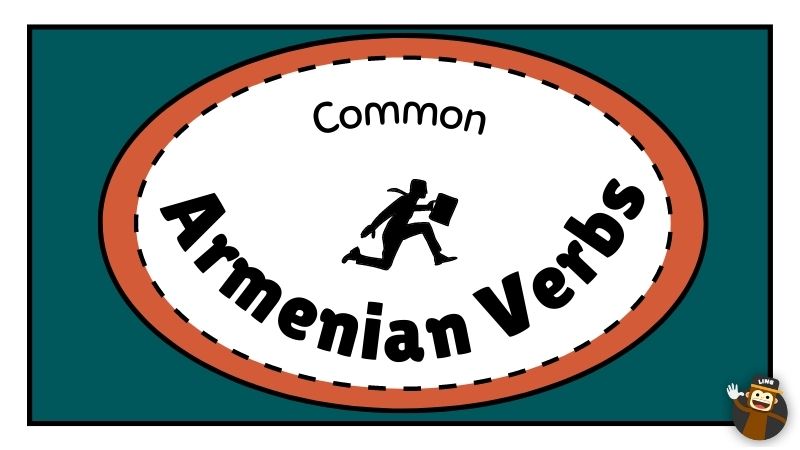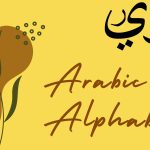Sometimes getting to know a language becomes quite a demanding and arduous task, especially when you come across languages like Armenian where you have to figure out the verb and tense formations. It is generally believed that mastering the verbs of any language allows you to master most of the basics. This article provides you with the forms of action words in table form and also discusses the tense formation processes of the verbs.
Common Armenian Verbs
Verbs in the Armenian language show some kind of “state of being” like in all the other languages. The verb exists commonly in the form of the infinitive Լինել (to be). This is an irregular verb usually used as an auxiliary verb which varies for the 1st 2nd and 3rd person pronouns.
An Armenian verb comprises mainly of a root and one of the five suffixes for infinitives performing different functions which include -ել,-ալ,-անալ, -անել, or -ենալ. It strictly follows subject-verb agreement which depends upon the relative suffix required to make a conjugated form.
There are five basic moods of Armenian verbs: indicative, conditional, operative, necessitating, and imperative mood, but this article focuses on the verb formations and the subject agreement only.
The Infinitive Form Of Verbs
The infinitive verb in the Armenian language comprises a stem, a theme vowel, and an affix -l.
Կարդալ (kardal) meaning to read, where Կարդ is the stem, ա the root and լ is the suffix.
The common raw forms of verbs in ‘to-be’ forms include տեսնել (to see), տալ (to give), ունենալ (to have), հասկանալ (to understand), գտնել (to find), մտածել (to think), իմանալ (to know), ժպտալ (to smile), պատահել (to happen), and սովորել (to learn).
Armenian verbs have two main stems i.e., the present and the past stems. The conjugations are formed by removing the theme vowel (rather than the consonant) and the endings while retaining the basic verb. They are identical in both present and past stems.
Verbs In Eastern And Western Armenian Language
The Armenian language developed into two dialects generally known as eastern Armenian and Western Armenian. Eastern Armenian is spoken in the Armenian mainland including Georgia and Iran while Western Armenian is the language of the diaspora of Armenian speakers residing in other countries.
Western Armenian has retained three conjugations including a, e, and i while the verb content of Eastern Armenian has collapsed I and II forms for conjugations. The difference in verbs (infinitives) in both languages is quite evident in pronunciation as to speak will be pronounced as խօսիլ (xōsil) in Western Armenian and խոսել (xosel) in Eastern Armenian. The difference lies between i and e stems. Some of the verbs are pronounced as the same like to love will be սիրել (sirel) in both Eastern and Western Armenian.
Present Form Of Verbs
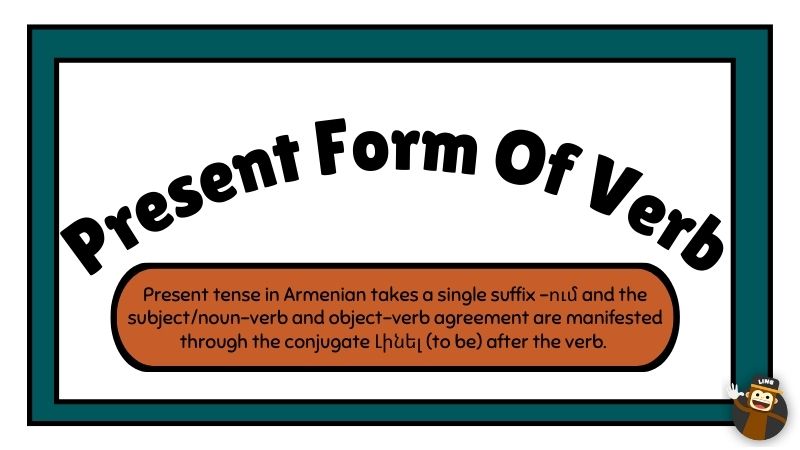
There is just one present form of tense available in the Armenian language which resembles the two tenses i.e., simple present and present continuous forms of English. Present tense in Armenian takes a single suffix -ում and the subject/noun-verb and object-verb agreement are manifested through the conjugate Լինել (to be) after the verb.
Եu կարդում եմ
Yes kartoom em (I reading am)
It consists of i (Եu), am (եմ), and reading (կարդում) where the suffix -ալ in կարդալ (to read) has been replaced by -ում, the present sentence marker to make it կարդում (reading).
The beginning and the endings of verbs in present tense change according to the 1st, 2nd, and 3rd person pronouns being used. The correspondents for the pronouns (1st person, 2nd person, third person) are եu եմ (I am), դու եu (you are, singular), նա է (he/she/it is), մենք ենք (we are), դուք եք (plural you are), and նրանք են (they are).
Verbs And The Future Tense
The future tense in the Armenian language exists in two forms. The first is made by adding the prefix կ- to the root form and adding the agreement marker at the end.
ես կկարդամ
yes kkard em (I will read)
In this example, ես and մ are the markers for the first person singular. The future indicative կ has been added to կարդալ (to read) to make it a future form.
The second form of the future tense is made by simply adding the suffix -ու to the infinitive form of a verb and complying with the markers.
եսկարդալում
yeskardalum (I will be reading)
The pronoun additions for the future tense include Եu -մ (I will), Դու -u (singular you will), Նա -n ( he/she/it will), Մենք -նք (we will), Դուք -ք (plural you will), Նրանք -ն (they will).
Past Form Of Verbs

There are three types of past tenses in Armenian i.e., the preterite (simple past), imperfect past, and perfect tense. To make the preterite form the verbs ending with-ել and -ալ, remove լ and add the corresponding stems.
Եu ասեցի
yes ahsetsee (I said)
In this above-mentioned example, the Ասել (to say) is the root form to which the stems Եu -ցի are added while removing լ to make the simple past tense. The stems are the corresponding markers for the first person pronoun i.e., I.
The subject-verb agreement for preterite past tense includes Դու -ցիր (singular you plus past action), Նա -ց (he/she/It plus action in the past), Մենք -ցինք (we plus past action), Դուք -ցիք (plural you plus past action), Նրանք -ցին (they plus past action).
Imperfect Past Form Of Verb
There are different past conjugations of a verb in imperfect past tense and the stems are different depending upon the subject as the subject-verb agreement is a must. It shows some continuous action done in the past. To make this tense -ում will replace the stem.
ես խմում էի
Yes khmum ei (I was drinking)
In this example the root word խմել (to drink) has been made past imperfect by replacing ել with -ում with the corresponding stems ես and էի which mean “I was”. The imperfect tense can be easily made from the present tense just by replacing եմ with էի like ես խմում եմ (I am drinking) will become ես խմում էի (I was drinking).
The agreement between the subject and the verb will be made by adding the corresponding pronouns like դու էիր (you sing were), նա էր (he/she/it was), մենք էինք (we were), դուք էիք (you pl. form.) were), նրանք էին (they were).
Perfect Tense Of Verb
The perfect tense varies depending on the type of verb ending like -ել or նել. If the verb ending is standard -ել then the perfect tense will be made simply by adding the subject agreement to the verb.
Մենք ընտրել էինք
Menk untrel eyeenk (We had chosen)
In this above-mentioned example, the -ել has not been removed while the corresponding stems Մենք and էինք have been added which represent the first person pronoun and the past form of the perfect tense.
In the other case where ն is preceding -ել like in hասնել (to arrive) the perfect tense will be made by simply removing ն and adding the corresponding tense forms like
Դու hասել ես
Doo hahsel es (You have arrived)
Here Դու and ես are the correspondents for past perfect tense with hասել where the ն has been removed.
The perfect and simple present tenses have the same beginning and final syllable markers thus having the same endings like եu եմ (I have), դու եu (you have), նա է (he/she/it has), մենք ենք (we have), դուք եք (plural you have), and նրանք են (they have).
Conditional Verbs
Like the present tense form of verbs, the conditional represents both past or future conditions like ‘would have done’ and ‘would do’ through the same structure and form. To make the conditional the final suffix լ is removed and prefix կ is added to the root form.
Եu կուղարկեի
Yes k’ooghark’eyee (I would send or I would have sent)
In the above-mentioned example, the suffix լ from the root word Ուղարկել (to send) has been removed with a prefix addition of կ to make the conditional.
Passive Form Of Verb
Most of the passive verbs in Armenian can be made by inserting վ in the verb just before the suffix. The examples of passive phrases are as follows
Դու հիշվում ես (present)
doo heeshvoom es (You are remembered or you are being remembered)
Մենք կհիշվենք (future)
menk kəheeshvenk (We will be remembered)
Նա հիշվեց (preterite)
nah heeshvets (he/she/it was remembered)
Նրանք hիշվել են (perfect)
nərank heeshvel en (They have been remembered)
In these passive forms, the verb Հիշել (to remember) becomes Հիշվել (to be remembered).
Some of the common verbs relating to the affairs of life like those relating to actions, movements, chores, and everyday activities have been listed in the tables which include the English word, Armenian verbs, and their romanized version.
Verbs Related To Cooking
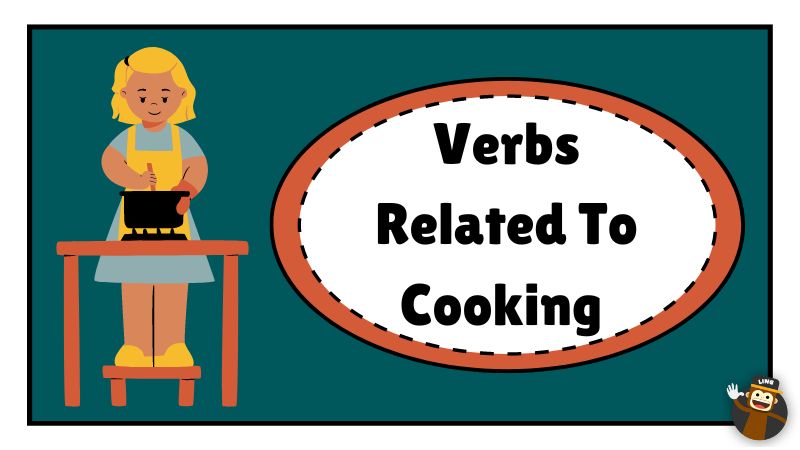
Some of the common verbs related to cooking are as follows. Use these amazing verbs to talk about how to make amazing Armenian food utilizing the best food ingredients.
| English Verbs | Armenian Verbs | Romanized Version |
| Add | Ավելացնել | Avelats’nel |
| Bake | Թխել | T’khel |
| Boil | Եռացնել | Yerrats’nel |
| Break | Ընդմիջում | Yndmijum |
| Chop | Մանրացնել | Manrats’nel |
| Cut | Կտրել | Ktrel |
| Fry | Տապակել | Tapakel |
| Grate | Քերել | K’erel |
| Layer | Շերտ | SHert |
| Melt | Հալվել | Halvel |
| Mix | Խառնել | Kharrnel |
| Peel | Կեղեւ | Keghev |
| Roast | Տապակած | Tapakats |
| Roll out | Գլորել | Glorel |
| Saute | Տապակել | Tapakel |
| Slice | Կտոր | Ktor |
| Spread | Տարածվել | Taratsvel |
| Taste | Համտեսել | Hamtesel |
| Weigh | Կշռել | Kshrrel |
| Whip | Մտրակել | Mtrakel |
Useful Everyday Activities
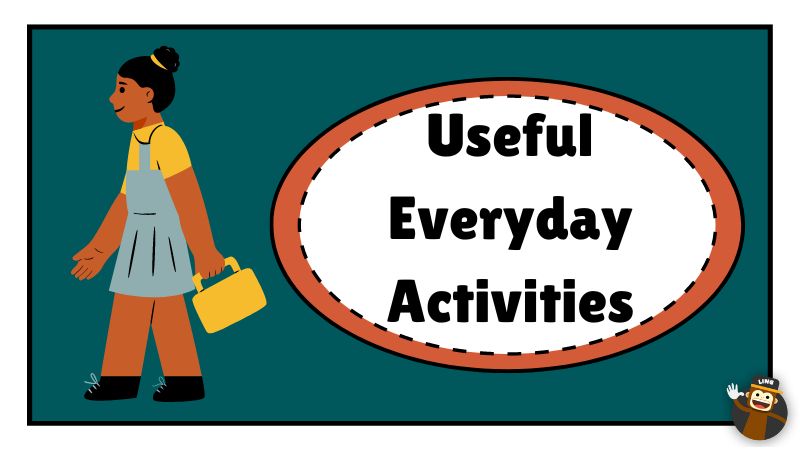
The verbs related to the activities of everyday life include wearing clothes and other activities
| English Verbs | Armenian Verbs | Romanized Version |
| Brush the teeth | Լվացեք ատամները | Lvats’ek’ atamnery |
| Brush your hair | Սանրիր մազերդ | Sanrir mazerd |
| Do the laundry | Լվացք անել | Lvats’k’ anel |
| Drive to work | Քշել դեպի աշխատանքի | K’shel depi ashkhatank’i |
| Exercise | Զորավարժություններ | Zoravarzhut’yunner |
| Get dressed | Հագնվել | Hagnvel |
| Get home | Հասնել տուն | Hasnel tun |
| Go out with a friend | Դուրս եկեք ընկերոջ հետ | Durs yekek’ ynkeroj het |
| Go shopping | Գնալ գնումների | Gnal gnumneri |
| Go to bed | Գնալ քնելու | Gnal k’nelu |
| Go to school | Դպրոց գնալ | Dprots’ gnal |
| Hang the clothes | Կախեք հագուստը | Kakhek’ hagusty |
| Iron the clothes | Արդուկեք հագուստը | Ardukek’ hagusty |
| Make the bed | Հարդարել անկողինը | Hardarel ankoghiny |
| Play with friends | Խաղացեք ընկերների հետ | Khaghats’ek’ ynkerneri het |
| Surf the net | Որոնել ցանցում | Voronel ts’ants’um |
| Take a bath | Լոգանք ընդունել | Logank’ yndunel |
| Take pictures | Նկարել | Nkarel |
| Wake up | Արթնանալ | Art’nanal |
| Wash the car | Լվացեք մեքենան | Lvats’ek’ mek’enan |
Action Verbs
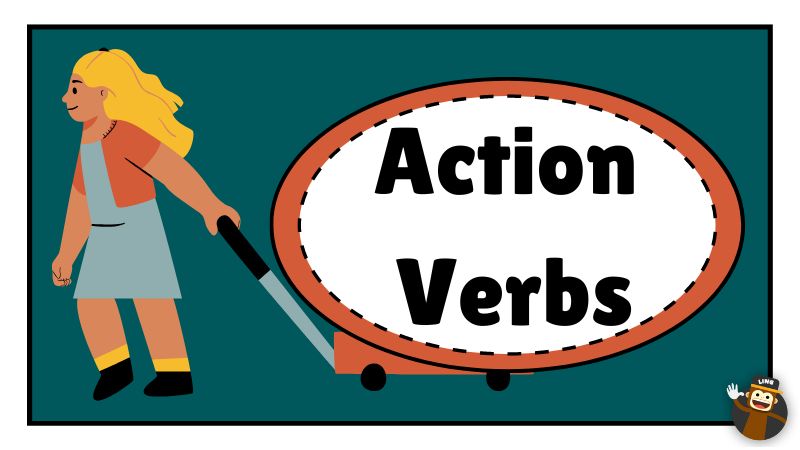
The most common Armenian action verbs like Armenian sports vocabulary are given in the table below.
| English Verbs | Armenian Verbs | Romanized Version |
| Cry | Լաց | Lats’ |
| Cut | Կտրել | Ktrel |
| Dance | Պար | Par |
| Fight | Պայքար | Payk’ar |
| Fly | Թռչել | T’rrch’el |
| Laugh | Ծիծաղել | Tsitsaghel |
| Listen | Լսիր | Lsir |
| Play | Խաղալ | Khaghal |
| Read | Կարդացեք | Kardats’ek’ |
| Ride | Ուղևորություն | Ughevorut’yun |
| Sing | Երգիր | Yergir |
| Sit down | Նստել | Nstel |
| Sleep | Քնել | K’nel |
| Stand up | Կանգնել | Kangnel |
| Think | Մտածեք | Mtatsek’ |
| Throw away | Նետիր | Netir |
| Turn off | Անջատել | Anjatel |
| Turn on | Միացնել | Miats’nel |
| Watch TV | Հեռուստացույց դիտել | Herrustats’uyts’ ditel |
| Win | Հաղթել | Haght’el |
Action Words
General Armenian actions words include starting a business and the following list.
| English Words | Armenian Words | Romanized Version |
| Bathing | Լողանալ | Loghanal |
| Camping | Արշավ | Arshav |
| Cleaning | Մաքրում | Mak’rum |
| Counting | Հաշվելով | Hashvelov |
| Cycling | Հեծանվավազք | Hetsanvavazk’ |
| Fishing | Ձկնորսություն | Dzknorsut’yun |
| Flying a kite | օդապարիկ թռչել | odaparik t’rrch’el |
| Lifting | Բարձրացում | Bardzrats’um |
| Playing cards | Խաղաթղթեր | Khaghat’ght’er |
| Playing chess | Շախմատ խաղալ | Shakhmat khaghal |
| Playing instrument | Նվագող գործիք | Nvagogh gortsik’ |
| Playing volleyball | Վոլեյբոլ խաղալ | Voleybol khaghal |
| Sharing | Համօգտագործում | Hamogtagortsum |
| Shouting | Բղավելով | Bghavelov |
| Skateboarding | Սքեյթբորդինգ | Sk’eyt’bording |
| Surfing | Սերֆինգ | Serfing |
| Swimming | Լող | Logh |
Body Movement-Related Words
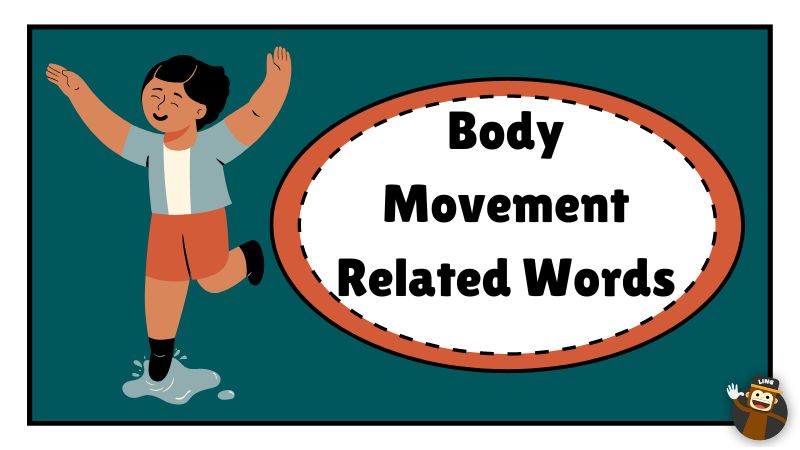
| English Words | Armenian Words | Romanized Version |
| Bend | Թեքեք | T’ek’ek’ |
| Carry | Կրել | Krel |
| Dive | Սուզվել | Suzvel |
| Drag | Քաշել | K’ashel |
| Hit | Հարվածել | Harvatsel |
| Hold | Պահեք | Pahek’ |
| Jump | Ցատկել | Ts’atkel |
| Kneel | Ծնկի գալ | Tsnki gal |
| Lean | Նիհար | Nihar |
| Leap | ցատկ | ts’atk |
| Lift | Վերելակ | Verelak |
| Pick up | Վերցնել | Verts’nel |
| Pull | Քաշեք | K’ashek’ |
| Punch | Դակիչ | Dakich’ |
| Push | Հրել | Hrel |
| Run | Վազիր | Vazir |
| Sit | Նստեք | Nstek’ |
| Squat | Squat | Squat |
| Throw | Նետում | Netum |
| Tiptoe | Ոտքի մատները | Votk’i matnery |
| Walk | Քայլել | K’aylel |
Classroom Related Verbs
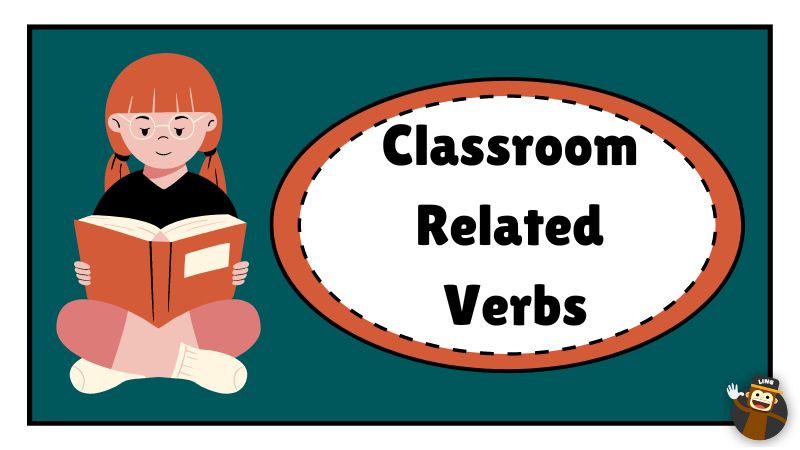
The verb vocabulary related to the classroom scenario in which you might learn the Armenian alphabet or Armenian numbers is listed in the table below.
| English Words | Armenian Words | Romanized Version |
| Calculate | Հաշվիր | Hashvir |
| Close | փակել | p’akel |
| Count | հաշվել | hashvel |
| Cut | Կտրել | Ktrel |
| Draw | Ոչ ոքի | Voch’ vok’i |
| Experiment | Փորձարկում | P’vordzarkum |
| Give | Տվեք | Tvek’ |
| Listen | լսել | lusel |
| Observe | Դիտարկեք | Ditarkek’ |
| Open | Բաց | Bats’ |
| Paint | Ներկել | Nerkel |
| Play | Խաղալ | Khaghal |
| Read | Կարդացեք | Kardats’ek’ |
| Say | Ասա | Asa |
| Show | Ցուցադրում | Ts’uts’adrum |
| Sing | Երգիր | Yergir |
| Spell | Հեգել | Hegel |
| Study | Ուսումնասիրել | Usumnasirel |
| Teach | Ուսուցանել | Usuts’anel |
| Think | Մտածեք | Mtatsek’ |
Daily Chore Verbs
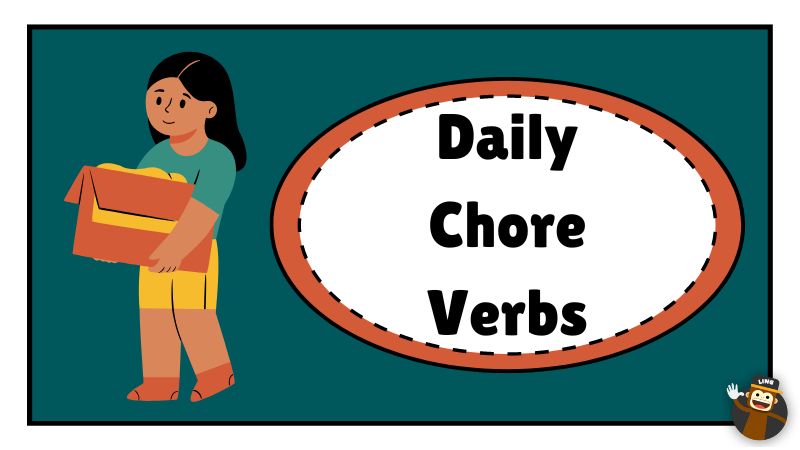
| English Words | Armenian Words | Romanized Version |
| Change (the sheets) | Փոխել (թերթիկներ) | P’vokhel (t’ert’ikner) |
| Drill | Գայլիկոն | Gaylikon |
| Dry | Չորացնել | Ch’vorats’nel |
| Fold | Ծալել | Tsalel |
| Hang | Կախել | Kakhel |
| Iron | Երկաթ | Yerkat’ |
| Make (the bed) | Հարդարել անկողինը) | Hardarel ankoghiny) |
| Nail | Եղունգ | Yeghung |
| Repair | Վերանորոգում | Veranorogum |
| Scrub | Սկրաբ | Skrab |
| Take out (the rubbish/ garbage) | Դուրս հանեք (աղբը/աղբը) | Durs hanek’ (aghby/aghby) |
| Tighten | Խստացնել | Khstats’nel |
| Vacuum | Վակուում | Vakuum |
| Wipe off (the table) | Ջնջել (սեղանը) | Jnjel (seghany) |
In A Nutshell
The 19th century marks the division of the Armenian language into Eastern Armenian and Western Armenian. Both dialects differ in certain aspects and the formation of verbs is no exception. Western Armenian has retained three conjugations for a, e, and i while the eastern dialect has two sets of forms i.e., collapsed I and II forms.
The subject-verb agreement is essential in Armenian like in English and many other languages and this agreement change the verb corresponding markers for every tense and every form of the verb. The pronoun correspondents (1st, 2nd, and 3rd person pronouns) change for present simple, preterite, past perfect, imperfect past, passive forms of verbs, and conditionals.
Wrapping Up
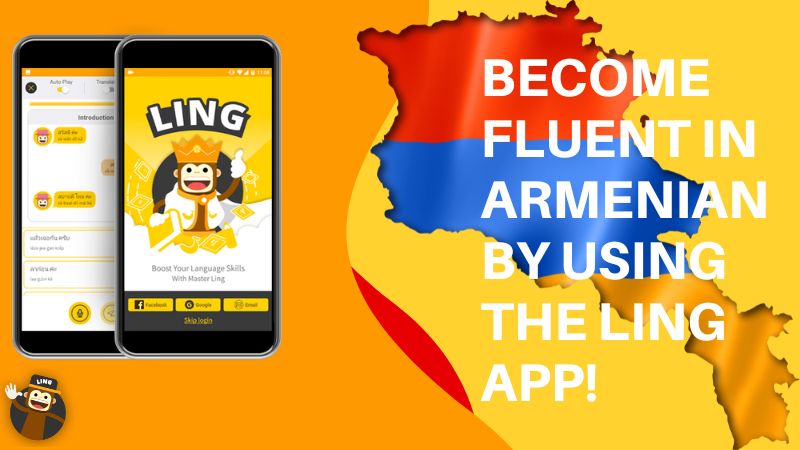
That’s it for this blog post. You have learned a lot in this one and if you do not wish to stop this amazing journey of learning Armenian then try Ling. Ling is easily accessible on both Google Playstore and App Store. Also, check out our honest review about top apps to learn Armenian.
